Drivers rolling stoned is a “society problem”
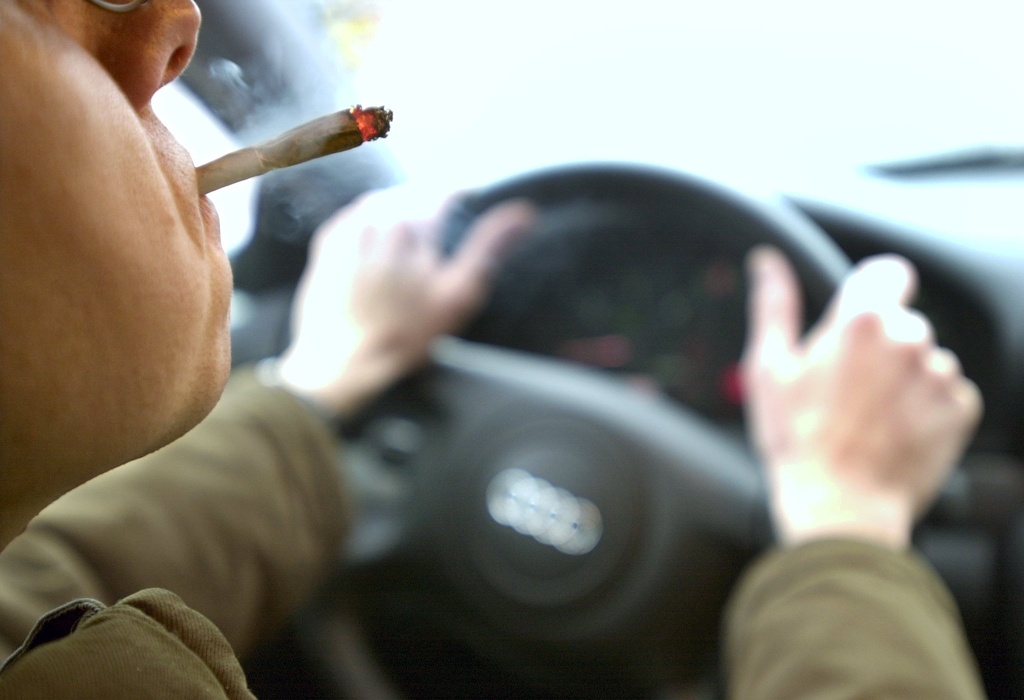
Marijuana is the most common illegal drug consumed by drivers on Swiss roads, according to the country’s first nationwide drug statistics study.
But cocaine use is growing rapidly among motorists, with the percentage of drivers testing positive for the stimulant nearly double that found just a few years ago.
Maria-Cristina Senna, a doctor from Lausanne University hospital, and her team recently studied 4,794 blood samples police had gathered from people suspected of driving under the influence of drugs.
The samples were taken in 2005, the year more stringent laws for driving under the influence came into force. Cases where police tested only for alcohol were not considered.
In nine out of ten suspected cases the drivers had one or more mind-altering substances coursing through their veins. Marijuana was by far the most common at 48 per cent, followed by alcohol (35 per cent), cocaine (25 per cent), opiates (ten per cent) and amphetamines (seven per cent).
No drugs were found in 11 per cent of the samples, which were processed at federal laboratories.
“This first Swiss study points out that [driving under the influence of drugs] is a serious problem on the roads in Switzerland,” wrote the authors from the Swiss Society of Legal Medicine, which produced the study on behalf of the Federal Health Office.
Drug cocktail
The report marks the first time Swiss authorities have taken a comprehensive look at illegal drugs used by drivers. The results were published in the journal Forensic Science International.
A smaller study was conducted in 2002-2003 that produced similar results with one exception: by 2005, positive tests for cocaine had increased rapidly, from 13 per cent to 25 per cent.
“This is not just a driving problem but a society problem,” Sabine Jurisch, a spokeswoman with Switzerland’s RoadCross told swissinfo.ch. “It’s clear that if there are more people in society using cocaine, then more people will be behind the wheel under its influence.”
The drug was often used with other substances. More than three out of every four positive tests for cocaine revealed that drivers had consumed additional drugs like alcohol (17 per cent) and marijuana (16 per cent). About seven per cent had consumed cocaine, pot and alcohol together.
The Swiss Council for Accident Prevention found that combining drugs is typically the most dangerous situation for risking an accident.
A study by the European Union in 2005, called “Immortal”, showed that drivers who used only marijuana were slightly less likely to have accidents than those who had blood-alcohol levels of 0.05 per cent and far less than those who both smoked and drank.
“The drug problem may be increasing but it’s still not as big of a problem as alcohol,” Yvonne Achermann, a researcher at BFU told swissinfo.ch. “If you look at the proportions of those hurt or killed in crashes where alcohol was a factor, it is certainly higher than drugs.”
“Must be sober”
Jurisch agreed that driving while drunk is still the bigger problem for the simple reason that alcohol is legal while cocaine and other drugs are not.
“It doesn’t matter what you have taken,” she said. “When you drive you have to be sober – no drugs, no alcohol, no medicines in some cases.”
On January 1, 2005, Switzerland reduced the legal limit for driving under the influence of alcohol from 0.08 per cent to 0.05 per cent – a level of intoxication that statistically carries about the same risks of having an accident as having consumed no drinks at all. A 0.08 per cent blood-alcohol level carries a risk four times as great as the risk at the 0.05 level.
In 2008 the Council for Accident Prevention found that 2,618 people had been injured in crashes involving alcohol, while another 58 people died. More than 20,000 lost their driving licences for alcohol-related offences. About 19 per cent of traffic accidents that leave people injured or killed typically involve alcohol. About four per cent involve drugs, the council said.
Researchers are currently looking at more recent data on drug use and driving gathered between 2006-2007, but it is too early to draw any conclusions. In general, Jurisch says the situation seems to be improving on Swiss roads.
“Awareness has become greater but there is always more to do,” she said. “We are still talking about thousands of people injured and hundreds killed every year. We can’t simply say the numbers are going down so we can stop. On the contrary: these are people’s lives; families suffer because someone isn’t going to come home ever again.”
Tim Neville, swissinfo.ch
The study found that illegal drugs were more common among younger drivers. Older offenders were more likely to be under the influence of prescription medication (eight per cent), which is not forbidden outright in Switzerland. But even in these cases the study found that drivers had often taken legal medication with alcohol, marijuana or opiates.
The biggest group of offenders were in their 20s. 89 per cent were male. The youngest was 14; the oldest was 92. The average age of the drivers was 31.
About a third of the samples were taken after an accident.
The Swiss Council for Accident Prevention conducted several surveys to gauge attitudes and awareness of driving while drunk or under the influence of drugs. It found contrasts between the French- and German-speaking regions of the country.
To reach the 0.05 limit, a 75kg man would have to drink three glasses of table wine in one hour. In German-speaking Switzerland, 38% of those surveyed strongly believed just one drink would be enough to reach the limit. In French-speaking Switzerland, 18% strongly agreed.
Another survey showed 33% of French-speaking respondents had driven at least once in the past 12 months under the influence. In German-speaking Switzerland it was 16%. Men aged 45-59 were the most likely to admit having driven after drinking at 24%.

In compliance with the JTI standards
More: SWI swissinfo.ch certified by the Journalism Trust Initiative
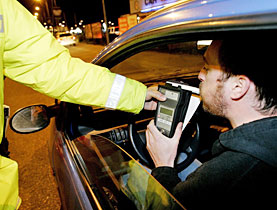
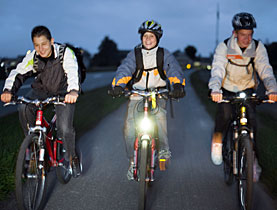
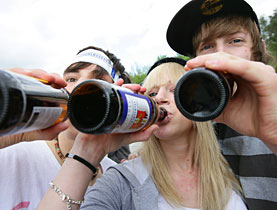
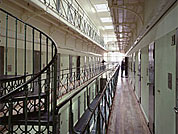
You can find an overview of ongoing debates with our journalists here. Please join us!
If you want to start a conversation about a topic raised in this article or want to report factual errors, email us at english@swissinfo.ch.